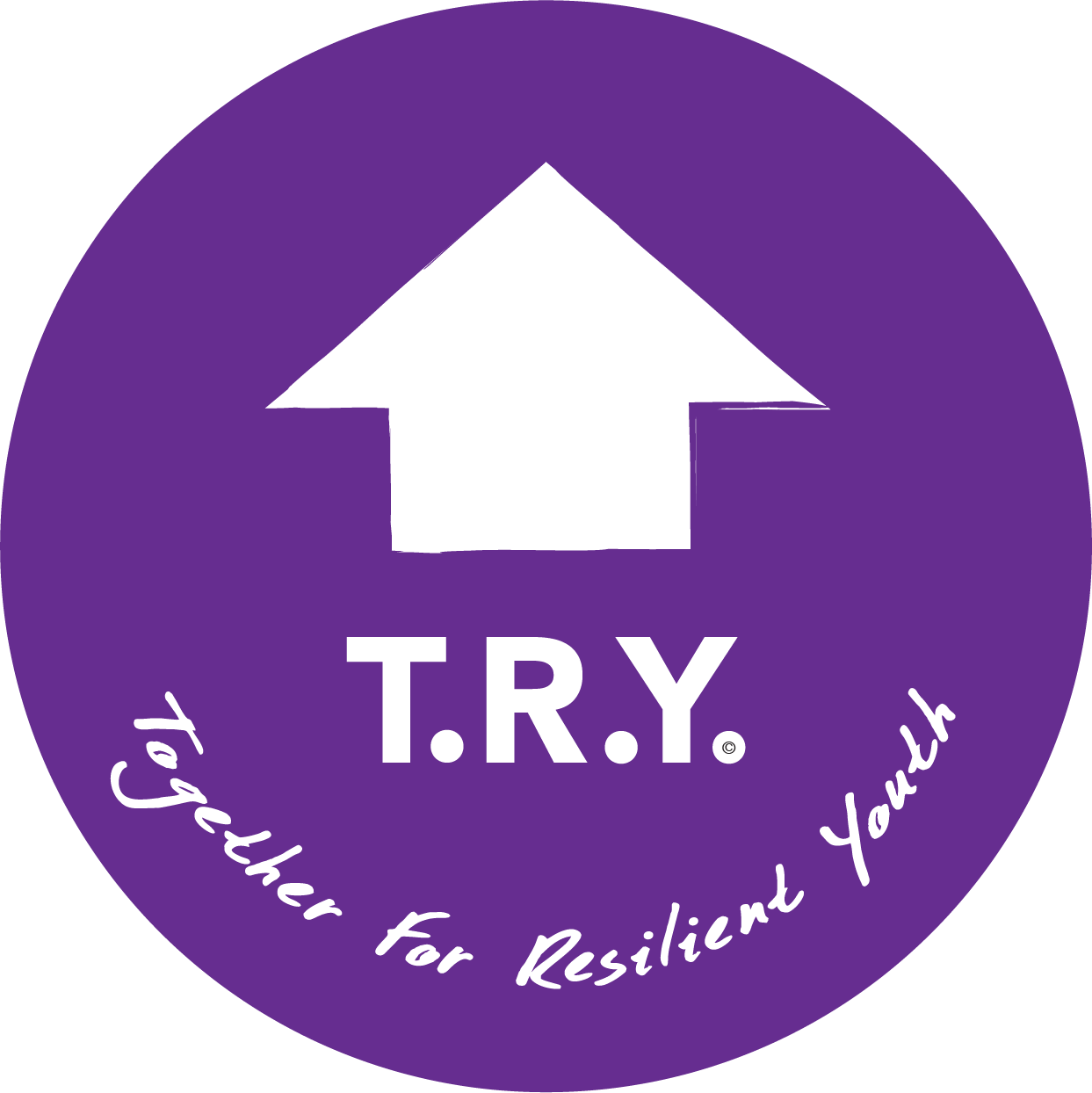JOIN THE MOVEMENT
The "You Have the Power to Save a Life" campaign focuses on expanding access to naloxone, a life-saving nasal spray that can reverse opioid overdoses. This initiative addresses the alarming rise in overdose deaths, particularly in Black communities, where systemic inequities have led to disproportionately high rates of fatalities. The campaign aims to make naloxone widely available, raise awareness about its importance, and encourage community leaders to take action2.
A key part of the campaign is the website YouCanSaveLives.org, which provides resources to locate free naloxone, learn how to use it, and share its significance within communities. By empowering individuals with this tool, the campaign seeks to create healthier, safer environments and reduce preventable deaths3
Hope in Your Hands: The Life-Saving Power of Naloxone
Naloxone has the power to reverse opioid overdoses, offering hope and a second chance. By carrying it, you can be the difference between tragedy and survival in your community.


